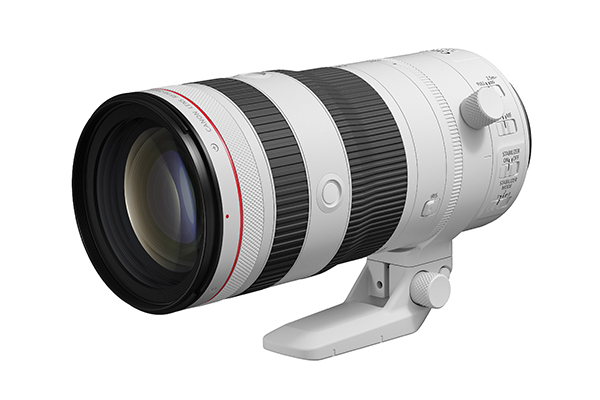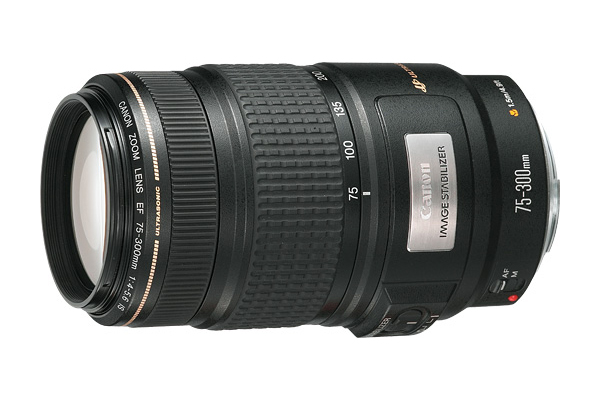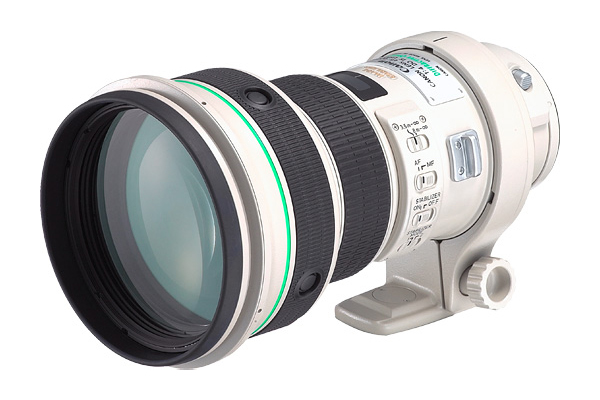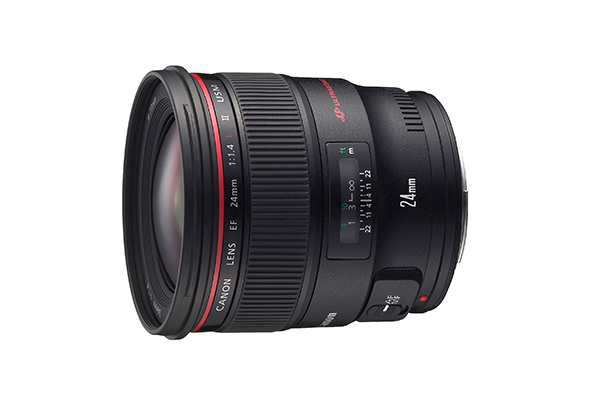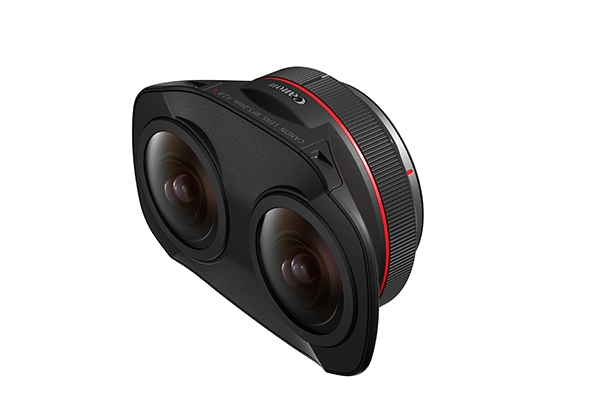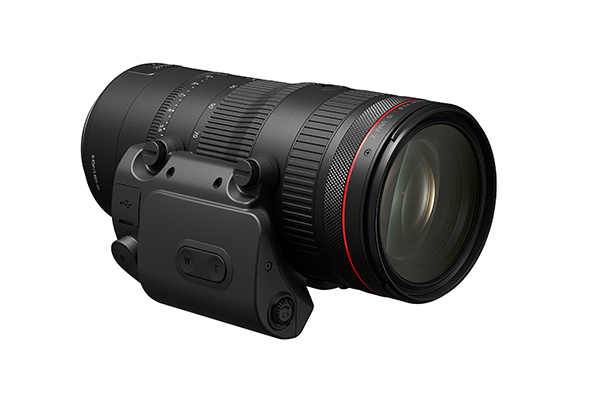- The collaboration combines Innovent’s proven immuno-oncology (“IO”) and antibody-drug conjugate (“ADC”) R&D capability and Takeda’s experience in global oncology drug development to accelerate Innovent’s two late-stage investigational medicines worldwide, and Takeda receives an option for an early-stage program.
- Innovent and Takeda will co-develop the IO backbone therapy IBI363 (PD-1/IL-2α-bias) globally and co-commercialize it in the U.S., where Takeda will lead the co-development and co-commercialization efforts under joint governance and aligned development plan; Takeda will receive exclusive commercialization rights outside Greater China and the U.S.
- Innovent will grant Takeda exclusive rights for IBI343 (CLDN18.2 ADC) outside Greater China.
- Innovent will grant Takeda an exclusive option for the rights for IBI3001 (EGFR/B7H3 ADC) outside Greater China.
- Innovent will receive a US$1.2 billion upfront payment including a strategic equity investment of US$100 million at premium, and potential milestones for a total deal value of up to US$11.4 billion, and royalties.
- Innovent to host conference calls and webcasts at 9:00 a.m. HKT (Chinese session) and 9:00 p.m. HKT (English session) on Wednesday, October 22, 2025.
SAN FRANCISCO and SUZHOU, China, Oct. 21, 2025 /PRNewswire/ — Innovent Biologics (HKEX: 01801) announced a strategic global collaboration with Takeda (TSE:4502, NYSE:TAK) to advance next-generation IO and ADC cancer therapies, with the goal of developing potentially transformative cancer treatments to benefit patients worldwide.
This partnership aims to leverage key synergies and accelerate the global development of several investigational medicines within Innovent’s IO+ADC pipeline, including: IBI363, a first-in-class PD-1/IL-2α-bias bispecific antibody fusion protein demonstrating robust anti-tumor activity and potential to be a foundational next-generation IO therapy that is currently in Phase 3 clinical stage; IBI343, a potentially best-in-class CLDN18.2 ADC currently in Phase 3 clinical stage; and IBI3001, a first-in-class EGFR/B7H3 bispecific ADC currently in Phase 1 clinical stage.
Dr. Hui Zhou, Chief R&D Officer for Oncology Pipeline at Innovent Biologics, stated,
“We believe that developing innovative IO and ADC will be a key direction for redefining cancer treatment worldwide. This landmark collaboration with Takeda brings together our three next-generation assets. With clear, aligned development plans, Innovent’s deep understanding of these assets, combined with Takeda’s extensive experience and strong development and commercialization capabilities, we are committed to delivering these promising medicines to patients worldwide as quickly as possible. This collaboration is also a crucial step in fulfilling Innovent’s strategic roadmap as we expand our global footprint, with the goal of becoming a leading global biopharmaceutical company.”
“We are excited to partner with Innovent, an accomplished team with deep expertise in next-generation immuno-oncology and ADC biology,” said Teresa Bitetti, President of the Global Oncology Business Unit at Takeda. “IBI363 and IBI343, two next-generation investigational medicines, have the potential to address critical treatment gaps for patients with a range of solid tumors. We are energized by the progress made by Innovent to date and look forward to collaborating to unlock the potential of these programs. Our global research and development expertise and commercialization capabilities will enable us to accelerate the delivery of these investigational medicines to patients. These two programs have the potential to be transformative for our oncology portfolio and significantly enhance Takeda’s growth potential post-2030.”
IBI363 (PD-1/IL-2α-bias): Global Joint Development and Commercialization Collaboration
IBI363, developed by Innovent Biologics, is a potentially first-in-class PD-1/IL-2α-biased bispecific antibody fusion protein that simultaneously blocks the PD-1/PD-L1 pathway and activates the IL-2 pathway. Innovent has shown that IBI363, with an IL-2 receptor alpha focused approach, selectively expands tumor-specific CD8+ T cells that increase tumor cell killing efficiency without activating or expanding the toxicity related to peripheral T cells, which results in a better safety profile than what is seen with traditional IL-2s. Phase 1b/2 results presented at ASCO 2025 have demonstrated outstanding tumor responses and preliminary survival benefits of IBI363 across immunotherapy-resistant lung cancer, “cold tumors” such as acral and mucosal melanoma, and MSS colorectal cancer. IBI363 is now in registrational clinical development, including a global Phase 3 study in second line sqNSCLC that is expected to begin in the coming months; the China NMPA has granted Breakthrough Designation (BTD) and U.S. FDA has granted Fast Track Designation (FTD) for this indication.
According to the agreement, Innovent and Takeda will co-develop IBI363 globally, sharing development costs 40/60 (Innovent/Takeda). In the U.S., Innovent and Takeda will co-commercialize IBI363, sharing the U.S. profit or loss 40/60. Takeda will lead the co-development and co-commercialization efforts under joint governance and aligned development plan. In addition, Innovent will grant Takeda commercialization rights outside Greater China and the U.S. Takeda will have global manufacturing rights to supply IBI363 outside of Greater China, with such rights being co-exclusive with Innovent for commercial supply in the U.S. Takeda will pay Innovent potential development and sales milestones outside Greater China, and tiered royalties up to high-teens on net sales outside Greater China and the U.S.
This collaboration aims to explore and maximize IBI363’s potential as a new IO backbone therapy through aligned co-development plans. Building on its already robust clinical data of over 1,200 treated patients, IBI363 will be initially developed globally in non-small cell lung cancer (“NSCLC”) and colorectal cancer (“CRC”), including in the first-line settings. Additionally, Takeda and Innovent plan to expand IBI363’s clinical development to additional indications.
IBI343 (CLDN18.2 ADC): Global License for Development and Commercialization
IBI343, developed by Innovent Biologics, is an innovative TOPO1 inhibitor ADC targeting CLDN18.2. Clinical data show a favorable safety profile and encouraging efficacy signals. It is currently being evaluated in a Phase 3 clinical trial in gastric/gastroesophageal cancers (G-HOPE-001) in China and Japan, and was granted Breakthrough Designation in China. IBI343 also completed a global Phase 1/2 trial in previously treated pancreatic ductal adenocarcinoma (PDAC) and has received Breakthrough Designation in China for this indication. It has also received Fast Track Designation from the U.S. FDA for the treatment of advanced unresectable or metastatic pancreatic ductal adenocarcinoma (PDAC) that has relapsed and/or is refractory to one prior line of therapy.
Innovent will grant Takeda exclusive global rights to develop, manufacture and commercialize IBI343 outside of Greater China. Takeda plans to advance the development of IBI343 and expand into first-line gastric and pancreatic cancer settings.
Takeda will make potential milestone payments, and tiered royalties on net sales up to high-teens for the license of IBI343.
IBI3001 (EGFR/B7H3 ADC): Option to Global License for Development and Commercialization
IBI3001, currently in a Phase 1 clinical trial, is a first-in-class bispecific ADC targeting B7-H3 and EGFR. It combines multiple anti-tumor mechanisms, including enhanced EGFR blockade, receptor-mediated internalization, and strong ADC-mediated cytotoxicity, with a high safety margin demonstrated in preclinical models.
Innovent will grant Takeda an exclusive option to license global development, manufacturing, and commercialization rights for IBI3001 outside of Greater China. If exercised, Takeda will pay Innovent an exercise fee, potential milestone payments, and tiered royalties on net sales up to mid-teens.
Financial Highlights: Total Deal Value up to $11.4Billion
Takeda will pay Innovent an upfront payment of US$1.2 billion, including a US$100 million equity investment in Innovent through new share issuance, at HK$112.56 per share, a 20% premium to the Innovent 30-trading-day weighted average share price.
Furthermore, Innovent is eligible for development and sales milestone payments for IBI363, IBI343, and IBI3001 (if option exercised) totaling up to approximately $10.2 billion, for a total deal value of up to $11.4 billion. Innovent will also receive potential royalty payments for each molecule outside Greater China, except with respect to IBI363 in the U.S., where the parties will share profits or losses.
Innovent will host conference calls and webcasts at 9:00 a.m. HKT (Chinese session) and 9:00 p.m. HKT (English session) on Wednesday, October 22, 2025.Details of the conference call dial-in and the webcast link will be provided on the company website at https://investor.innoventbio.com/en/investors/webcasts-and-presentations/. A replay will also be available on the website shortly after the event.
Morgan Stanley Asia Limited serves as the exclusive financial advisor to Innovent Biologics in relation to this transaction.
About Innovent Biologics
Innovent is a leading biopharmaceutical company founded in 2011 with the mission to empower patients worldwide with affordable, high-quality biopharmaceuticals. The company discovers, develops, manufactures and commercializes innovative medicines that target some of the most intractable diseases. Its pioneering therapies treat cancer, cardiovascular and metabolic, autoimmune and eye diseases. Innovent has launched 16 products in the market. It has 2 new drug applications under regulatory review, 4 assets in Phase 3 or pivotal clinical trials and 15 more molecules in early clinical stage. Innovent partners with over 30 global healthcare companies, including Eli Lilly, Sanofi, Incyte, LG Chem and MD Anderson Cancer Center.
Guided by the motto, “Start with Integrity, Succeed through Action” Innovent maintains the highest standard of industry practices and works collaboratively to advance the biopharmaceutical industry so that first-rate pharmaceutical drugs can become widely accessible. For more information, visit www.innoventbio.com, or follow Innovent on Facebook and LinkedIn.
Statement: Innovent does not recommend the use of any unapproved drug (s)/indication (s).
Forward-looking statement of Innovent Biologics
This news release may contain certain forward-looking statements that are, by their nature, subject to significant risks and uncertainties. The words “anticipate”, “believe”, “estimate”, “expect”, “intend” and similar expressions, as they relate to Innovent, are intended to identify certain of such forward-looking statements. Innovent does not intend to update these forward-looking statements regularly.
These forward-looking statements are based on the existing beliefs, assumptions, expectations, estimates, projections and understandings of the management of Innovent with respect to future events at the time these statements are made. These statements are not a guarantee of future developments and are subject to risks, uncertainties and other factors, some of which are beyond Innovent’s control and are difficult to predict. Consequently, actual results may differ materially from information contained in the forward-looking statements as a result of future changes or developments in our business, Innovent’s competitive environment and political, economic, legal and social conditions.
Innovent, the Directors and the employees of Innovent assume (a) no obligation to correct or update the forward-looking statements contained in this site; and (b) no liability in the event that any of the forward-looking statements does not materialize or turn out to be incorrect.
SOURCE Innovent Biologics

